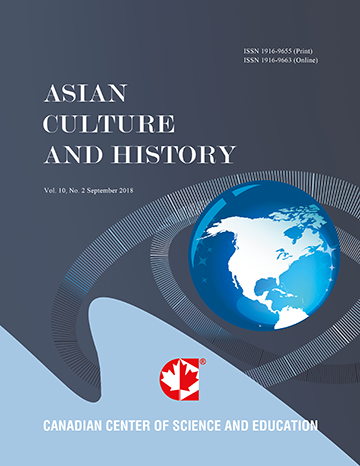Sufi Novels and Parables: A Significant Change in Doris Lessing's Writing
- Shahram Kiaei
Abstract
Doris Lessing, the Persian-born, African-raised and London-residing novelist enjoys a writing career which has spanned more than 50 years. Critics have labeled her as Marxist, feminist, Sufist and even psycho-analyst. It is my contention to prove that latent Sufi characteristics are inherent in her works, and this premise marks a difference between my study and other research on Lessing. To prove that even Lessing’s early works contain Sufi characteristics, this paper looks at her early fictions which lend themselves to Sufistic interpretation. The theoretical framework used in this paper proves the manifestations of Sufism in her early works which involve different Sufistic concepts. The methodology appropriated entails tracing some of these concepts in these novels which are overtly Sufistic. I would also show how Lessing invites a Sufi reading of her novels and whether there are direct signs or changes in her choices of genre, mode, and style that suggest a new vision and a changed worldview and outlook. By revisiting her writing life to show that Sufism has always been present in her works, I depart from other critics and researchers who examine Lessing’s works in more general terms. This departure is significant because the use of a non-western perspective actually enriches our understanding of Lessing who is mainly read from eurocentric points of view.- Full Text:
 PDF
PDF
- DOI:10.5539/ach.v4n1p41
Journal Metrics
Google-based Impact Factor (2017): 5.42
h-index (January 2018): 11
i10-index (January 2018): 21
h5-index (January 2018): 6
h5-median (January 2018): 9
Index
- Academic Journals Database
- CNKI Scholar
- COPAC
- EconPapers
- Elektronische Zeitschriftenbibliothek (EZB)
- Excellence in Research for Australia (ERA)
- Genamics JournalSeek
- Google Scholar
- Infotrieve
- LOCKSS
- MIAR
- NewJour
- Open J-Gate
- PKP Open Archives Harvester
- Publons
- RePEc
- Scilit
- SHERPA/RoMEO
- Standard Periodical Directory
- Technische Informationsbibliothek (TIB)
- The Keepers Registry
- Universe Digital Library
- WorldCat
Contact
- Ivan YongEditorial Assistant
- ach@ccsenet.org
